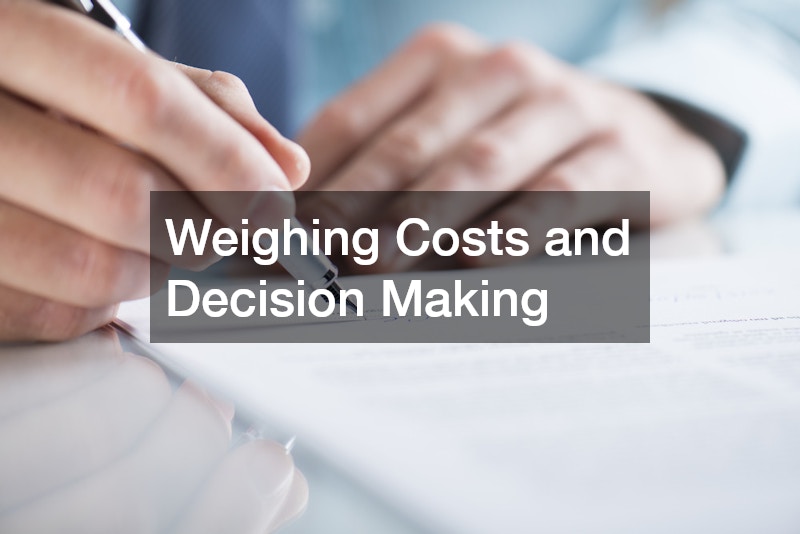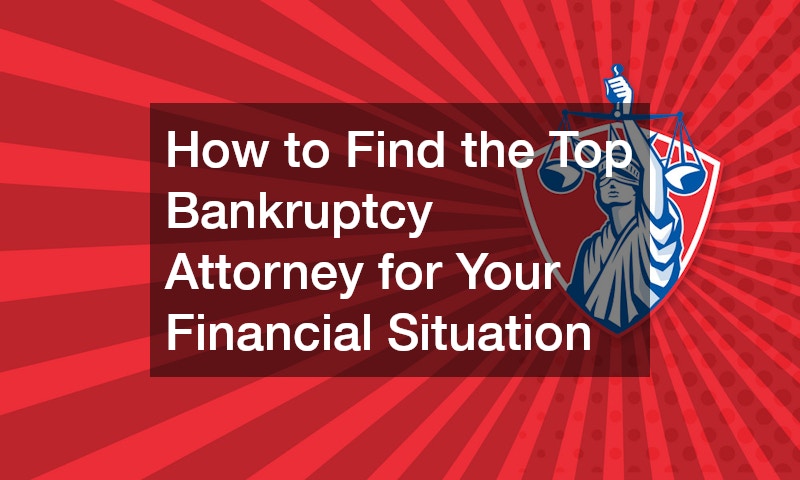Filing for bankruptcy can be a daunting experience, complicated by the need to navigate unfamiliar legal waters, as well as legal paperwork and financial anxieties. It’s not just about finding any attorney; it’s about finding the top bankruptcy attorney who can guide you through the process with expertise and understanding. In this article, we’ll help you understand how to find an attorney who can put your financial future back on track.
Understanding Your Financial Situation
The first step in finding the top bankruptcy attorney is having a clear understanding of your financial situation. Are you filing for Chapter 7 or Chapter 13 bankruptcy? Do you have a substantial amount of secured and unsecured debts? Knowing the details of your debts will help you assess the complexity of your case.
A thorough understanding of your financial situation is crucial, as it enables the attorney to craft the most effective strategy.
It’s important to gather as many financial documents as possible. These documents include credit reports, bank statements, and any correspondence with creditors. Documenting your financial position will aid a bankruptcy attorney in providing you with the best advice. Gathering these records may seem overwhelming, but it is a critical step. Remember that in financial distress, facing reality is a vital move towards resolution.
You’ll also benefit from understanding the distinction between bankruptcy types. Chapter 7 may offer quicker relief but could require liquidation of assets. On the other hand, Chapter 13 might allow you to keep your property while repaying debts over time. Your attorney should have the expertise to evaluate your financial situation and recommend whether Chapter 7 or Chapter 13 is suitable for you. A top bankruptcy attorney will consider both your legal needs and personal circumstances.
Researching Potential Attorneys
Once you understand your financial landscape, the next step is researching potential attorneys. Use resources like the American Bar Association to locate attorneys specializing in bankruptcy law. Websites and testimonials are valuable tools to gauge past client satisfaction. Reviews can provide insight into an attorney’s capability in handling bankruptcy cases similar to your own. Reading both positive and negative reviews will balance your perspective.
Personal referrals are another excellent way to find reputable bankruptcy attorneys. Friends or family who have gone through the bankruptcy process might have valuable suggestions. They can share candid experiences regarding the attorney’s professionalism, cost, and approachability. Such referrals could lead you to attorneys who might not appear high on search engine results but excel in personalized services. Knowing someone who found success with a particular attorney might boost your confidence in making a selection.
As you research, consider attorneys with specialized expertise in resolving the majority of tax debts and improper practices by creditors. Look for attorneys actively engaged in ongoing legal education and who stay current with bankruptcy law amendments. States have varying rules, making it essential that your potential attorney is licensed to practice in your jurisdiction. A comprehensive research phase is pivotal in ensuring you choose the top bankruptcy attorney for your needs. Balance your analysis with peer reviews, credentials, and years of experience in the field.
Evaluating the Attorney’s Experience and Expertise
Once you have a list of potential attorneys, evaluate their experience and expertise. Look for an attorney whose primary focus is bankruptcy law rather than a general practice attorney. Specialization ensures they are immersed in the nuances of bankruptcy cases and updates in laws, maximizing their effectiveness. During initial consultations, ask questions about their experience with cases similar to yours. This conversation can give you insights into their strategic thinking and problem-solving skills.
Experience goes beyond the number of years in practice; it encompasses their success rate in achieving favorable outcomes for clients. Discuss their approach to handling creditors and creditors’ rights, as this is crucial in navigating financial negotiations. Determine if they have experience in addressing complex cases, such as those involving high asset liquidation. Their level of experience will directly impact your case outcome. A top bankruptcy attorney reflects competence and confidence, both of which are vital when seeking legal representation.
Weighing Costs and Decision Making
Finally, weigh the costs involved in hiring a bankruptcy attorney. Legal fees should be transparent, with detailed explanations of the services included. Be aware that the initial consultation might be free, offering a chance to evaluate the attorney’s approach without financial commitment. Ask if the attorney offers payment plans or flexible payment options. Being proactive and discussing costs upfront removes financial guessing, making legal services accessible.
While evaluating costs, it is also crucial to compare them with the value you’ll receive. An attorney charging higher fees might provide more comprehensive representation and a stronger track record of successful outcomes. Keep in mind that not all decisions should be based solely on cost. A less expensive attorney without proven success might end up costing more in the long run. Always seek a balance between affordability and expertise.




